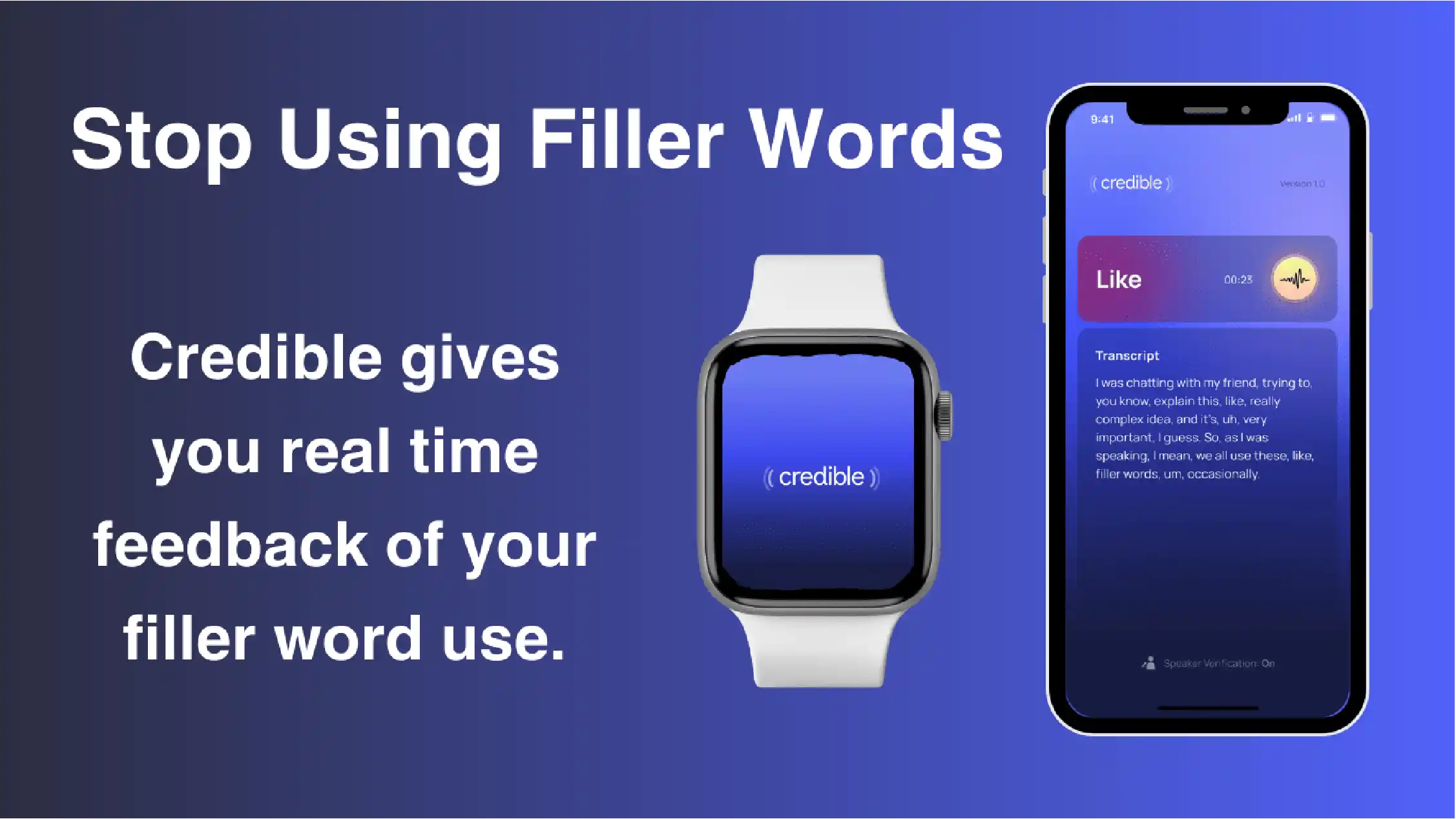Help Someone Stop Saying “Like”
Without Having To Tell Them at StopSayingLike.com In today’s fast-paced world, effective communication is more important than ever. Whether you’re a student, professional, or simply someone striving to improve their speaking skills, reducing the use of filler words like “like,” “um,” and “uh” can make a big difference. Introducing StopSayingLike.com, a unique and thoughtful way … Read more







